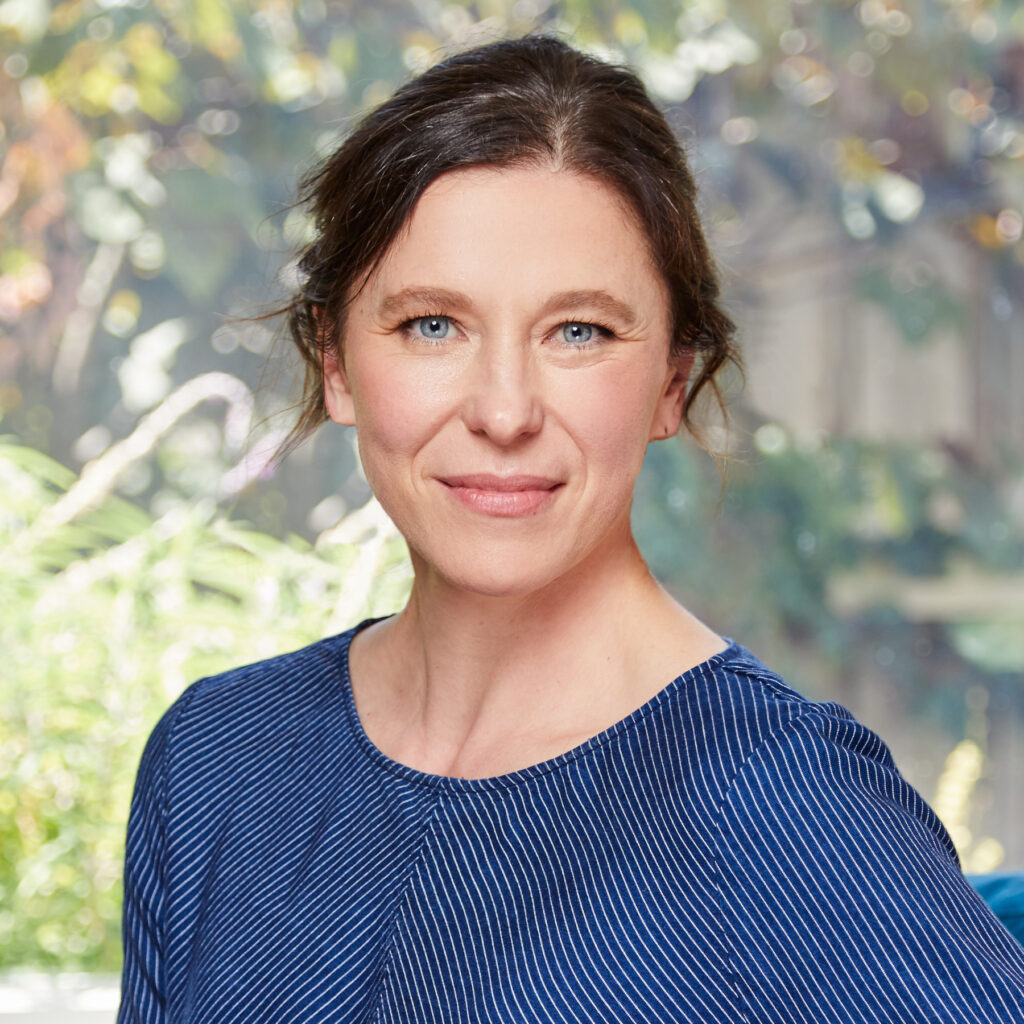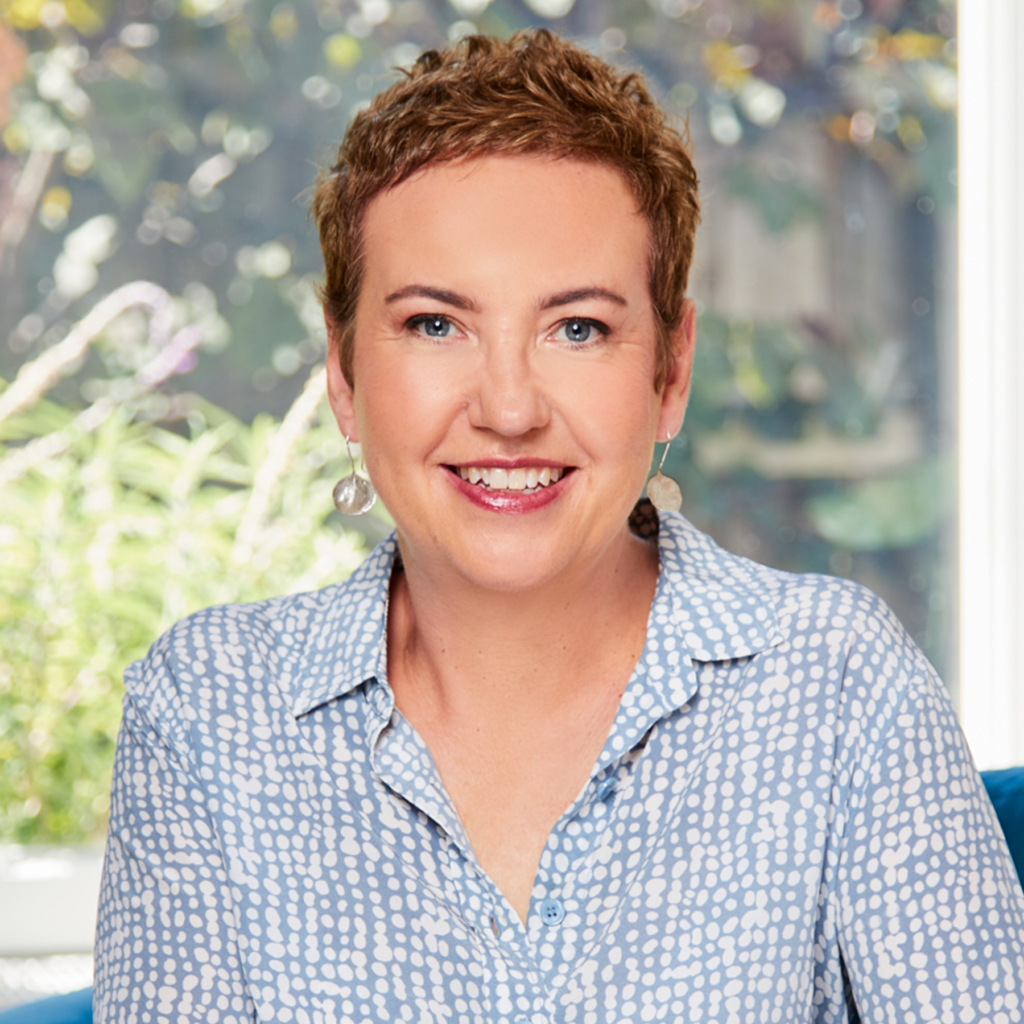Who we are
We help judges and lawyers experience greater satisfaction and wellbeing in their work.
Drawing from the latest empirical research, as well as our psychology and leadership experience, we provide tailored services to individuals and organisations.
We also work with other professions where there is a similar level of stress, high professional expectations, heavy workload and exposure to trauma.
Carly is a lawyer, psychologist, empirical researcher, and Director of Human Ethos. She has worked in and around the legal profession and the courts for 20 years, focusing specifically on judicial and lawyer wellbeing since 2015.
As part of her combined Master of Psychology (Clinical) / PhD at the University of Melbourne, Carly conducted Australia’s first empirical and psychologically grounded research into the sources and nature of work-related stress among the Australian judiciary. This research has been published in peer-reviewed journals and text-books, and findings presented to judicial audiences around the globe.
From 2014-2022, Carly was the inaugural Judicial Wellbeing Advisor to the Judicial College of Victoria, leading a program of judicial wellbeing education and reform within the Victorian court system. She is a regular presenter at national and international judicial conferences on the topic of judicial stress and wellbeing, and has been engaged by jurisdictions in Australian, Asia, Africa, North America, the UK and the Pacific to design and deliver tailored wellbeing programs for the local judiciary. Carly also works with legal professionals in Australia and overseas to provide wellbeing and stress management training.
Since 2022, Carly has been a Principal Investigator on an Australian Research Council-funded national research project on judicial wellbeing across Australia, with findings expected to be published in 2026. She is also an Associate Professor (Principal Research Fellow) in Law at the University of Western Australia.
Sally Ryan is a psychologist, family therapist and Director of Human Ethos.
Sally specialises in building the capacity of people and organisations working in trauma-exposed environments.
Over the last 20 years, Sally has worked as a clinician, manager and trainer in a range of settings, including community health, education and with the Victorian judiciary and broader legal profession.
She has developed wellbeing programs that include group peer support, critical incident debriefing and individual counselling.
A highly experienced facilitator, Sally works with small and large groups, engaging them in reflective conversation to discuss shared challenges and goals. She has delivered interactive presentations nationally and internationally on topics such as vicarious trauma, judicial stress and wellbeing and systemic wellbeing responses.
Sally is a certified practitioner of Leadership Circle Profile and a professional coach. She works with leaders to build their own, and their teams’, wellbeing and potential. Sally has a particular focus on working with leaders to reduce the risks of vicarious and cumulative trauma in teams.
Sally has been a member of the Australian Psychological Society (APS) since 2000.
The Human Ethos story
For Sally and Carly, their passion for wellbeing in the legal profession is both professional and personal. They are proud to have created a safe environment for people to talk about challenging issues with their peers, as well as driven momentum for change in Victoria.
They were first brought together in 2019 to design and deliver an impactful wellbeing program at the Judicial College of Victoria. Seeing that their work was needed in many more jurisdictions and professions, they established Human Ethos to share learnings more widely.
Through Human Ethos, Sally and Carly use their knowledge and skills to empower people to have sustainable and satisfying professional lives. This is especially important to them when they work with people in professions where the human elements are marginalised, maligned or have been exposed to suffering.
They believe systemic change is as important — and as possible — as individual change. They feel especially hopeful about the capacity of leaders to role model vulnerability and strength.
They are optimistic about the power of new lawyers and judicial officers to ask for a different cultural paradigm in the profession.





